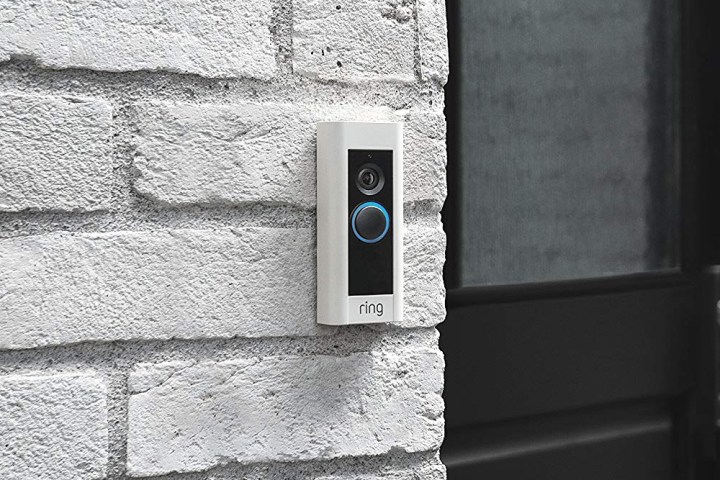
Ring claims it isn’t using facial recognition technology — most recently in a story on its work with 400 U.S. police departments. However, the company is working on the technology, something the company has yet to publicly admit. The latest example? A response by its PR team to criticism by the Bernie Sanders presidential campaign.
Sanders deputy policy director Billy Gendell noted on Twitter Thursday that the Democratic presidential candidate is the only one in the race that would explicitly ban police from using facial recognition software.
Ring responded to Gendell’s tweet directly. “Hi Billy, this is misleading,” the company said. “Ring does not use facial recognition, and users are in control of their videos. Users can decide when they want to share footage with their local police and police go through Ring when making a request, and users can decline.”
But documents obtained by Buzzfeed continue to show the company is interested in the technology.
Buzzfeed found that the company’s Ukrainian arm has employees working on facial recognition. A cached version of the Ring Ukraine site states the company develops “semi-automated crime prevention and monitoring systems which are based on, but not limited to, face recognition.” Ring Ukraine also has a head of face recognition research, and a 2018 presentation by the individual was found online by Buzzfeed.
There is more evidence elsewhere. Last year, U.S. patents were found surrounding the identification of “suspicious individuals” from crime databases, and automatic notification of the police upon detection. There Ring downplayed the efforts, arguing that patents were no guarantee of future functionality.
In response to the Buzzfeed story, Ring again stressed that it doesn’t use facial recognition technology. But the key word is use: they might not be using facial recognition now, but are hard at work on technology that would make it possible.
Contradictory statements aside, and regardless of whether Sanders becomes president or not, law enforcement will have to contend with increasing resistance against the use of facial recognition technology to fight crime where privacy rights are involved.
Law enforcement use of facial recognition is a rare political issue that is becoming bipartisan. Voters are becoming increasingly skeptical of its use according to polls, and several cities have already banned its use. San Francisco and Oakland, California and Sommerville, Massachusetts have already done so, and several other cities are exploring similar measures.
Editors' Recommendations
- Check out these Ring video doorbell alternatives that don’t require a subscription
- Nvidia’s peace offering isn’t working
- How does Ring Live View work?
- Nvidia isn’t just beating AMD in graphics, it’s still gaining ground. Here’s why
- Facial recognition tech for bears aims to keep humans safe


